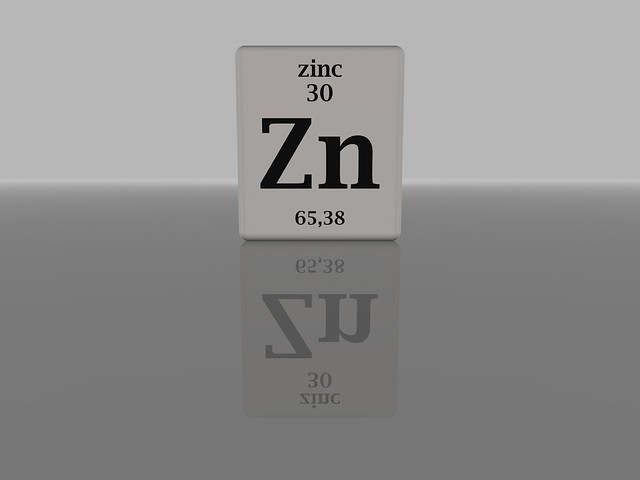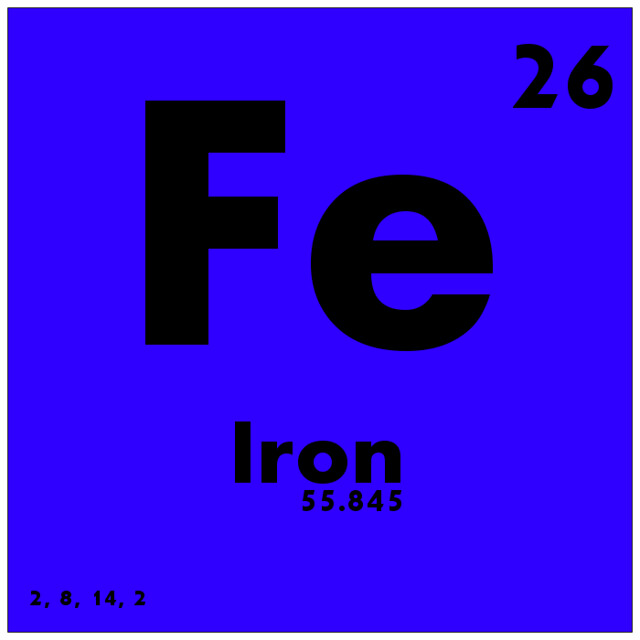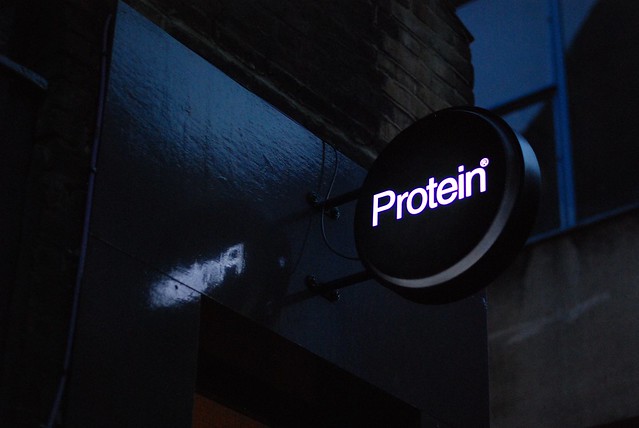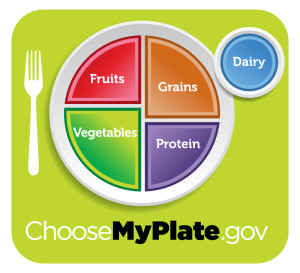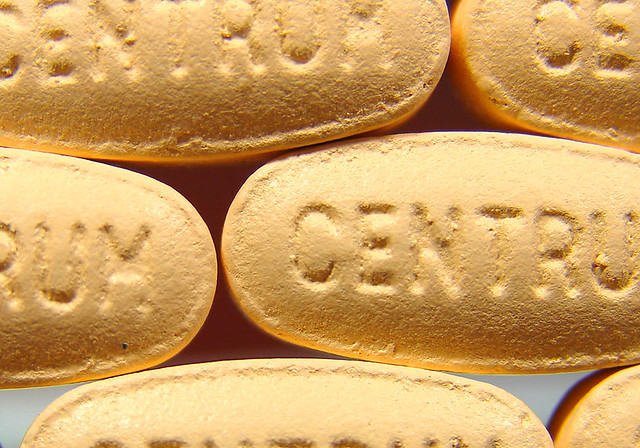
It’s tempting to automatically take a multivitamin when we go vegan.
We’ve made big changes to our diet; changes that most people don’t understand – changes that most doctors don’t understand.
We get asked questions about what our new protein, calcium and iron sources are going to be; where our vitamin B12 is going to come from; and what about vitamins D and K?
It can be enough to scare the bejesus out of you!
Isn’t it ironic that the omnivores that ask us these questions often aren’t the pictures of health themselves? And how are they so sure that they have all the correct levels of vitamins and minerals?
One thing you need to know as a vegan is that vitamin and mineral deficiencies are not just a potential problem for vegans. Nope, not even a vitamin B12 deficiency is this.
But it’s still vegans that most people believe are more susceptible to malnutrition, and no-one would blame you for feeling fearful after hearing these beliefs vocalised ad nauseum.
I’ve personally been told that it’s impossible to live without eggs; and that not eating protein from meat will make me weak.
Well, here I am all strong and living and s**t.
But after so much fear-mongering it seems logical, doesn’t it, to invest in a multivitamin to cover all bases?
So what SHOULD you do?
I very much lean towards the advice of the doctors that have been teaching (and living) a plant-based diet for decades. They base their decisions on independent, non-reductionist, peer-reviewed scientific evidence.
These guys – Dr John McDougall, Dr Tom Campbell (son of Dr T Colin Campbell), Dr Michael Greger, Dr Caldwell Esselstyn and Dr Neal Barnard all say taking a multivitamin is unnecessary (in every single link you’ll find each doctor saying this somewhere). They advise that taking a multivitamin can distract from us trying to eat a healthy whole food, plant-based diet; and that it’s best to get all our nutrients in dietary form – excluding vitamin B12 of course, for which we need to supplement.
Dr Greger in particular points out all the studies that have been done on multivitamins; some show that they’re beneficial; some show that they are harmful. Ultimately, the most comprehensive studies show that they don’t make any difference, and that they’re a huge waste of money.
All this said….
Dr Barnard says in one article that a multivitamin can play a role if you know you are not eating enough whole plant food. And both he and Dr Esselstyn say that you MAY need to supplement with vitamin D, for example if you live somewhere that doesn’t have much sunshine – as sunshine is the best source of vitamin D for vegans.
What do I do?
I do not take a multivitamin, but as I’ve said before, I DO supplement with vitamin D, and sometimes with zinc and iodine, because through one thing and another (long-ass story), I’ve learned that my body needs help with these nutrients, seemingly regardless of my healthy diet.
The best advice, if you feel you may be short on any nutrients, is to go to your doctor and have a comprehensive blood test for all vitamins and minerals. These tests can tell you if you are low or deficient in any particular nutrient.
It’s important to identify this exactly. If, for example, you are feeling fatigued – there could be any one of several reasons for this. So it would not be prudent to assume you have an iron deficiency and take iron supplements, as iron can be harmful in excess. Thus, I urge you to get your blood tested and not self-diagnose.
Once you’ve been tested; should you be found to be low in any nutrient, firstly try and improve your levels with diet. This will always be the best way to regain optimal nutrient levels.
Should this not work sufficiently – and I know that for me, I need help with vitamin D (not much sun here), and zinc in the winter (immune system compromised over the years), THEN it may be worth supplementing with small doses of whatever it is you need.
Conclusion
It seems from everything I’ve learned with my studies; from my experience; and from researching the advice of the plant-based doctors, that the best advice is this:
- You do NOT automatically need a multivitamin just because you are vegan. This could lead to overload of certain nutrients that are harmful in excess; or just be a plain waste of money
- If you feel you may have a deficiency, or if you know you are not eating a varied plant-based diet, have your blood levels checked at the doctors
- If you ARE low in anything, try and eat foods that contain this nutrient, and the ones that help absorption of it. I can help with this!
- If this still doesn’t work, supplement with low levels of just the SPECIFIC nutrient(s) you are lacking

